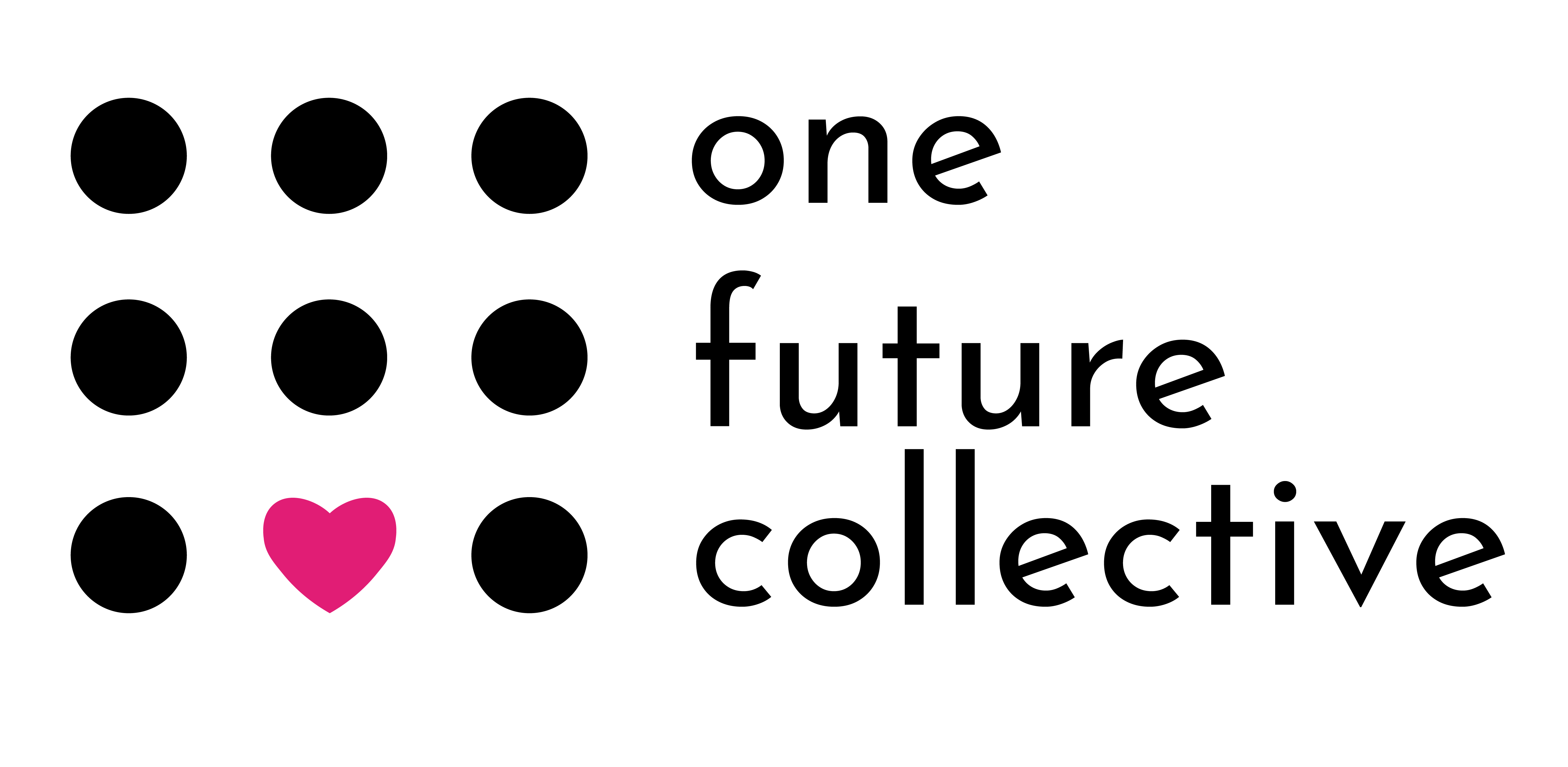The Lok Sabha on Monday, August 5, passed the Transgender Persons (Protection of Rights) Bill, 2019, via a voice vote. The bill provides a mechanism for social, economic and educational empowerment of transgender persons. The bill, introduced on July 19, was met with protests demanding a revoke. The Minister for Social Justice and Empowerment, Mr. Thawar Chand Gehlot, was the one who moved the bill – which was passed within a couple of hours of its introduction.
As per the statement given by Rattan Lal Kattaria, MoS, Ministry for Social Justice and Empowerment, the 2019 bill will focus on welfare measures and rights, and work against the discrimination faced by transgender persons. Among the provisions of the bill is a revised definition of a transgender person, which reads as: “one whose gender does not match the gender assigned at birth. It includes trans-men and trans-women, persons with intersex variations, gender-queers, and persons with socio-cultural identities, such as kinnar and hijra.” This is in opposition to the definition provided in the 2016 version of the bill, which chose to define a transgender person as one who was “neither wholly female, nor wholly male… whose sense of gender does not match with the gender assigned to that person at the time of birth…”
While the amended definition is definitely an improvement, it is still not completely apt. The definition is not in tune with the fluidity of gender as a term, as seen in contemporary society. The provision for those identifying as gender-queer is provided in the bill but the definition stands to contrast the same.
The bill states that the transgender community is a marginalized group because “they do not fit into the general categories of gender of male or female”. Gender as a term is thus still considered a binary and any identification as a transperson seems to firmly label one as an Other. Furthermore, the bill conflates multiple identities: it clubs intersex and gender-queer persons within the definition of what should refer to only transgender persons and therefore repeatedly refuses to recognize the belief that gender is spread across a spectrum and instead, it perpetuates the (false) belief that gender is dual in nature.
While the 2019 bill does away with the criminalisation of begging, and the stipulation of a screening committee, it asks for individuals to apply to the District Magistrate to obtain a certificate of identity. Furthermore, a revised certificate can be obtained, but only if the individual undergoes surgery to change their gender either as male or female. If the provision for self identification of gender is given, why is there a need for a “revised certificate”? What purpose does that come to serve, especially if it is accompanied by a compulsory stipulation for gender reassignment surgery? Gee Imaan Semmalar, a trans activist who is part of Sampoorna India, has rightly pointed out that the Anti-Beggary Act is enforceable in 22 states of India, and this bill provides no protection if one is prosecuted under the same. This clause negates the scrapping of the screening committee and places the progress of the bill not much farther than it was before.
Among the offences the bill recognises as punishable is forced or bonded labour (excluding compulsory government service for public purposes). While begging is not explicitly criminalised, this terminology may be misinterpreted. Moreover, the penalties for all offences ranges between six months to two years, along with a fine. As pointed out in this article, the disparity in penalty for offences against transgender persons and cisgender women is extremely high. This only furthers the belief that the government fast tracked this bill not out of due diligence to the transgender community, but only as a false, consolatory measure.
In 2014, the Supreme Court passed a landmark judgement in National Legal Services Authority v. Union of India, now popularly known as NALSA, which provided the transgender community with a right to self-identification, as well as asked for reservations in educational institutions and public employment sectors. The 2014 Tiruchi Siva bill then attempted to ensure the directives of the Supreme Court were implemented. Although the bill was passed by the Rajya Sabha, it was not discussed in the Lok Sabha. Instead, the Transgender Persons (Protection of Rights) Bill, 2016 was the one that was introduced and since then, it has undergone multiple amendments. It is only now, in 2019, when a definitive bill has been passed and yet, it falls short on multiple, crucial measures. NALSA directives are not upheld to their best ability, nor does the bill look into matters of government bias and corporate and workplace inclusivity.
Although the amendments have come a long way from the previous version, it is not enough. The bill needs to explicitly state non-discriminatory policies and work to identify the singular and unique ways the community faces discrimination in all sectors. The bill is one that needs effective revision. It can go a long way in setting precedence for transgender rights across the globe.
Aditi Paul is a Research Associate with the Queer Resource Centre at One Future Collective.
Featured image source: Pakistan Today
Disclaimer: Views shared in this article are personal and may not represent that of the organisations.
